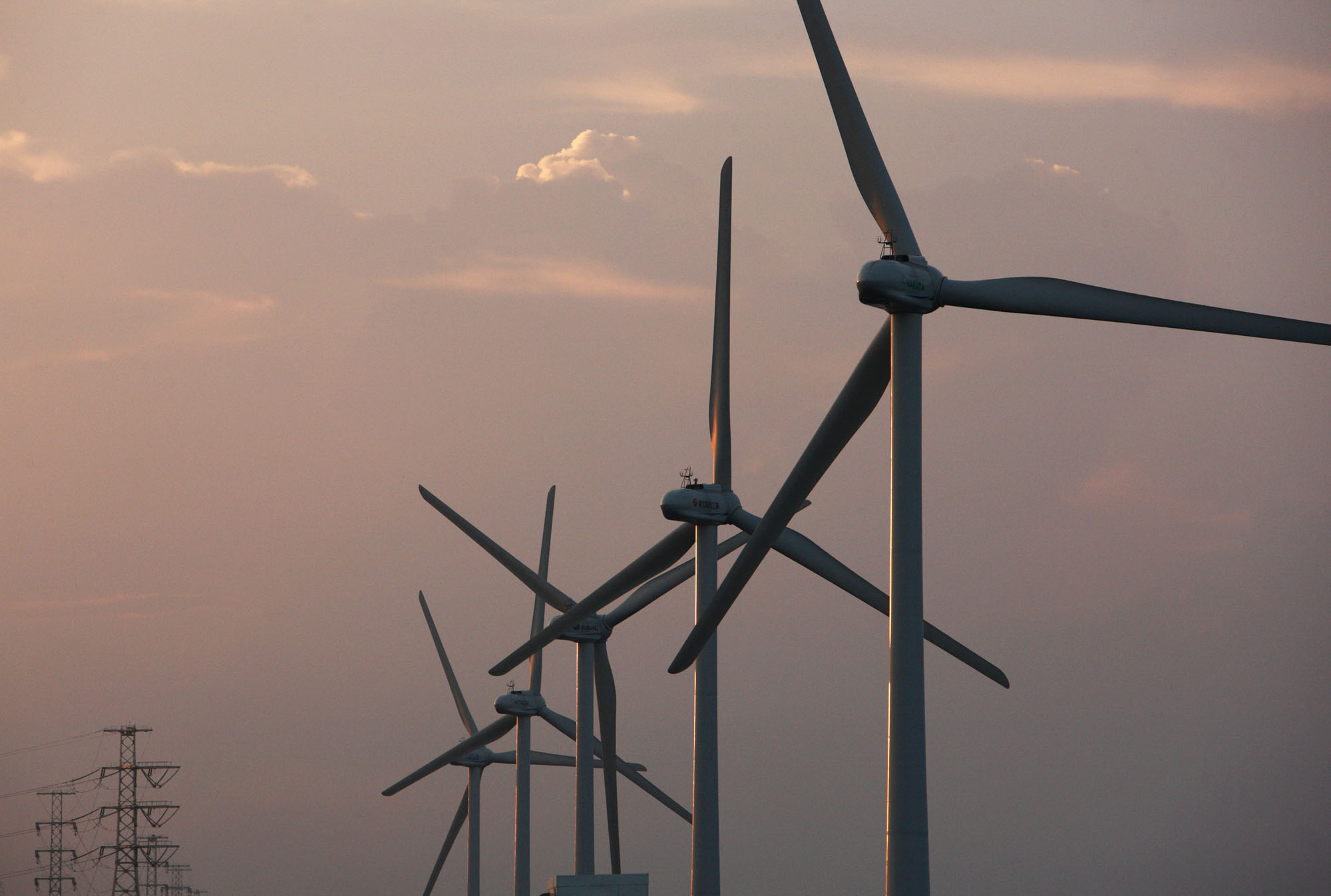The Paris climate agreement set a decarbonization target of net zero emissions of greenhouse gases in the latter half of the 21st century. For Japan, which ratified the pact in 2016, energy policy (and related industrial and national land planning policies) aimed at eliminating carbon emissions are of pressing concern.
However, Japan finds itself in a troubled position. The nation's per capita carbon dioxide emissions have increased since the 2011 Fukushima nuclear disaster. This makes for an unfavorable contrast with Britain and France, which have managed to steadily reduce per capita carbon emissions. (Germany has been slow in reducing its levels.)
With its energy conservation measures and strict regulations on exhaust gas, Japan was once a world leader when it came to low carbon initiatives. But the nation has made little progress toward the current goal of decarbonization.


















With your current subscription plan you can comment on stories. However, before writing your first comment, please create a display name in the Profile section of your subscriber account page.